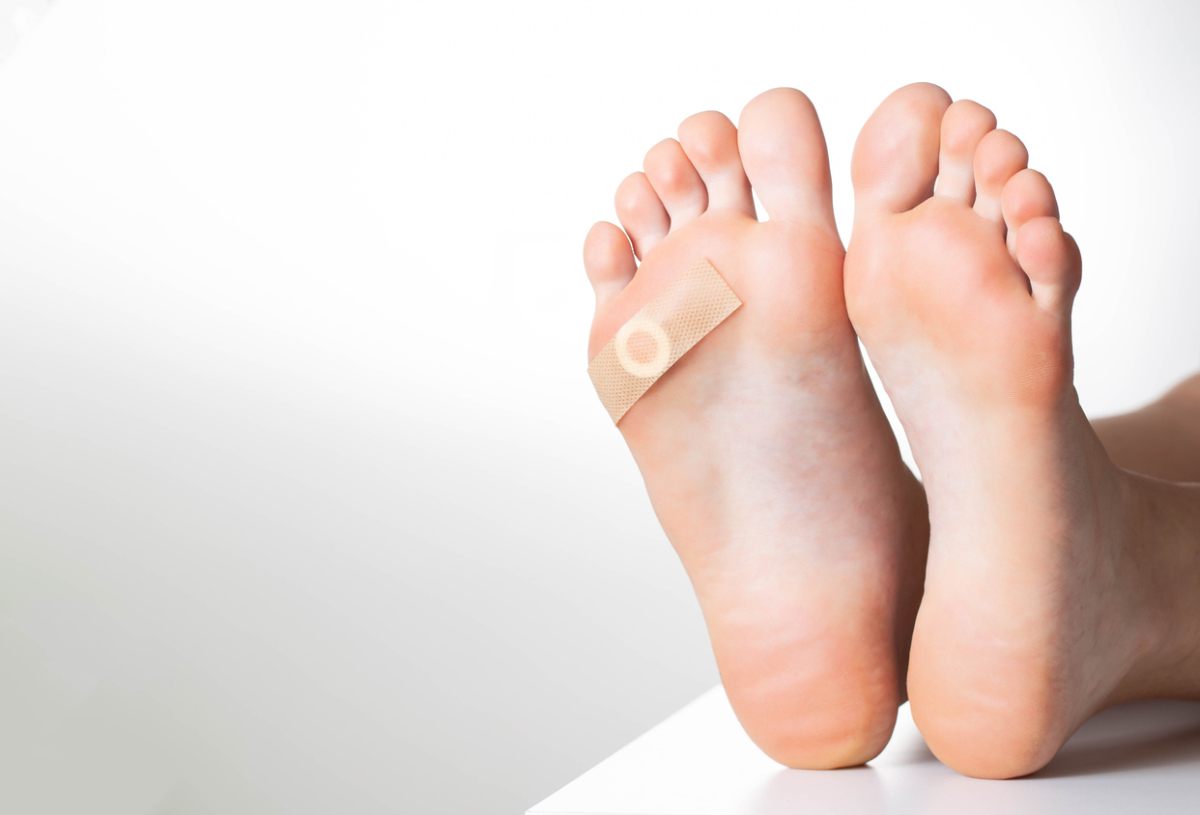Warts can be small and harmless. But they can also be unsightly, embarrassing, and uncomfortable. Sometimes, they can even be painful, especially when they are on your feet. Understanding what causes warts to develop is the first step in preventing and treating them. We discuss the causes of warts below and offer expert podiatric care to help you properly address the issue.
What Causes Warts to Develop?
Warts are small, benign growths that appear on the skin when the top layer is infected with HPV, or human papillomavirus. Warts can appear in different parts of the body and may be caused by different strains of HPV. The most common type of wart treated by podiatrists is the plantar wart. This type develops on the soles of the feet and can make one feel like they are constantly stepping on a pebble.
Warts are not cancerous and typically go away on their own without treatment. However, sometimes it may be necessary to treat them depending on their size, location, and persistence, especially when they are found on areas that carry weight, such as the feet.
The Role of HPV
HPV is the main culprit of all warts, genital or non-genital. The type of wart depends on the strain of HPV contracted. Tiny cuts, abrasions, and weak spots leave the top layer of the skin susceptible to infection. Unfortunately, one does not need a significant wound to become infected. Minor trauma to the skin while walking barefoot in public areas or dry, cracked skin is enough.
The good news is that although HPV is common, not everyone who comes in contact with it will develop warts. If the immune system is strong, it can resist the infection. Some individuals may be susceptible to the infection and develop warts quickly, while others may never develop them, even with repeated exposure.
How Warts Spread
If you are worried about getting warts, remember that they are contagious and can spread through direct contact with an infected person. But that is not the only way they can spread. HPV can also spread via contact with surfaces or objects that an infected person has touched. This includes:
- Walking barefoot in public places like locker rooms, shower areas, and pool areas
- Sharing socks, towels, or shoes with someone who has the virus
- Skin-to-skin contact with an infected person
- Touching your wart and touching another part of your body
HPV can survive longer in moist, warm environments, so it is essential to avoid communal showers and public swimming pools, as these are prime areas for transmission.
Risk Factors
Some individuals are more susceptible to developing warts than others. This is due to different risk factors such as:
- Weakened Immune System: Individuals with compromised immunity, such as those undergoing chemotherapy treatments or those with autoimmune conditions, are at a higher risk.
- Age: Children and teenagers may have a higher risk of developing warts due to frequent exposure and an underdeveloped immune response
- Foot Injuries: Runners, athletes, or individuals who often walk barefoot tend to have more microtears in their skin, making it easier for HPV to enter.
- Hyperhidrosis: Excessive sweating of the foot can create an ideal environment for HPV to thrive.
- Poor Foot Hygiene: Failing to wash or dry feet properly can increase the risk of infection.
Plantar Warts
Plantar warts behave differently from warts found in other areas of the body. Because pressure is usually applied when individuals stand or walk, plantar warts grow inward and form a hard, callus-like layer. They can be painful, especially when one is walking or running. Professional removal is usually recommended for persistent, uncomfortable warts.
See a Podiatrist
Warts may seem minor due to their size, but if a foot wart is causing you discomfort or interfering with your mobility, it is time to seek the help of a podiatrist. They can help you explore different treatments for plantar warts and recommend the best option for you. Do not let another painful day pass by. Schedule a consultation with us today.


